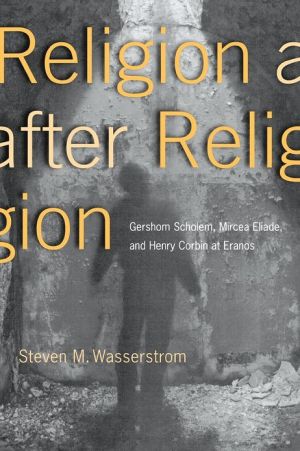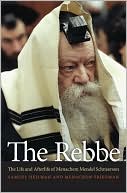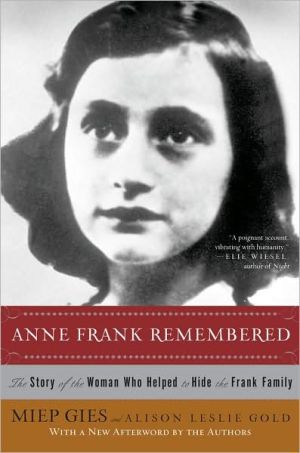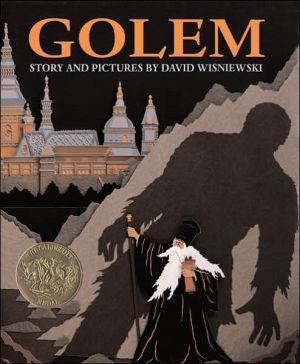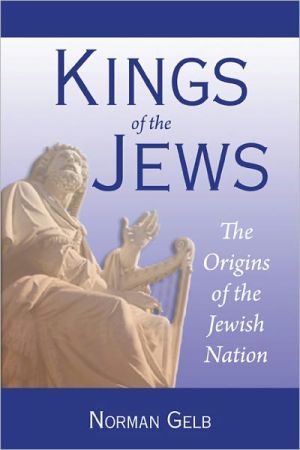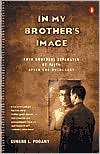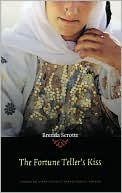Religion after Religion: Gershom Scholem, Mircea Eliade, and Henry Corbin at Eranos
By the end of World War II, religion appeared to be on the decline throughout the United States and Europe. Recent world events had cast doubt on the relevance of religious belief, and modernizing trends made religious rituals look out of place. It was in this atmosphere that the careers of Scholem, Eliade, and Corbin—the twentieth century's legendary scholars in the respective fields of Judaism, History of Religions, and Islam—converged and ultimately revolutionized how people thought about...
Search in google:
"By focusing on Scholem, Corbin, and Eliade, Steven Wasserstrom has brought to light many of the tacit assumptions that have informed the study of religious culture in our time. Particularly important is his attentiveness to the primary emphasis placed on the symbolic imagination in these three seminal thinkers and the impact that this orientation had on their assessment of history, politics, and ethics. Wasserstrom has produced a study that will have major implications for the way that historians of religion think about their own discipline."--Elliot R. Wolfson, New York University Journal of Religion Religion after Religion is rich with quotes from—as well as observations about—Eliade, Henry Corbin, and Gershom Scholem. . . . it recombines them in a masterful, insightful performance that evokes in the sympathetic reader . . . wondering admiration. . . . Virtually anyone could learn a great deal by reading this book.
Preface and AcknowledgmentsixAuthor's NotexiIntroduction3Part IReligion after Religion21Chapter 1.Eranos and the "History of Religions"23Chapter 2.Toward the Origins of History of Religions: Christian Kabbalah as Inspiration and as Initiation37Chapter 3.Tautegorical Sublime: Gershom Scholem and Henry Corbin in Conversation52Chapter 4.Coincidentia Oppositorum: An Essay67Part IIPoetics83Chapter 5.On Symbols and Symbolizing85Chapter 6.Aesthetic Solutions100Chapter 7.A Rustling in the Woods: The Turn to Myth in Weimar Jewish Thought112Part IIIPolitics125Chapter 8.Collective Renovatio127Chapter 9.The Idea of Incognito: Authority and Its Occultation According to Henry Corbin145Part IVHistory157Chapter 10.Mystic Historicities159Chapter 11.The Chiliastic Practice of Islamic Studies According to Henry Corbin172Chapter 12.Psychoanalysis in Reverse183Part VEthics201Chapter 13.Uses of the Androgyne in the History of Religions203Chapter 14.Defeating Evil from Within: Comparative Perspectives on "Redemption through Sin"215Chapter 15.On the Suspension of the Ethical225Conclusion237Abbreviations Used in the Notes251Notes255Index355
\ Journal of ReligionReligion after Religion is rich with quotes from—as well as observations about—Eliade, Henry Corbin, and Gershom Scholem. . . . it recombines them in a masterful, insightful performance that evokes in the sympathetic reader . . . wondering admiration. . . . Virtually anyone could learn a great deal by reading this book.\ \ \ \ \ Journal of ReligionReligion after Religion is rich with quotes from—as well as observations about—Eliade, Henry Corbin, and Gershom Scholem. . . . it recombines them in a masterful, insightful performance that evokes in the sympathetic reader . . . wondering admiration. . . . Virtually anyone could learn a great deal by reading this book.\ \ \ Library JournalIn the nihilistic aftermath of World War II, the efforts of emerging phenomenologist Mircea Eliade, Judaist Gershom Scholem, and Islamicist Henry Corbin formed the discipline of the History of Religions (in Ascona, Switzerland). Their annual meetings, reprinted in the distinguished journal Eranos-Jahrbuch, crystallized a numinous approach to religion that has yet to be overthrown in the academy. Wasserstrom (Judaic studies, Reed Coll.) presents here an account of their theories, arguing that they saw "religion after religion" as a mystical meta-rationalism. Neither a biographical study nor an academic introduction to their work, this thematically driven intellectual history covers their academic output in areas such as poetics, mysticism, and ethics. A powerful and evocative work for mature and informed readers only, this is highly recommended for upper-level religion and religious history collections.--Sandra Collins, Pittsburgh Theological Seminary Lib. Copyright 1999 Cahners Business Information.\ \
